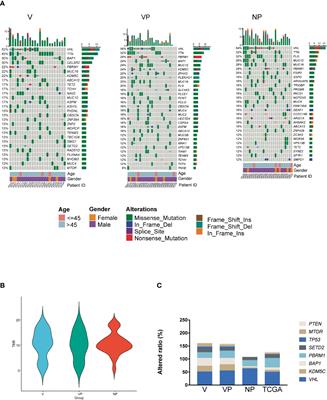EDITORIAL
Published on 03 Mar 2022
Editorial: Personalized Medicine for Urological Cancers: Targeting Cancer Metabolism
doi 10.3389/fonc.2022.862811
- 1,601 views
- 3 citations
16k
Total downloads
53k
Total views and downloads
EDITORIAL
Published on 03 Mar 2022
REVIEW
Published on 21 Jan 2022

REVIEW
Published on 29 Sep 2021

REVIEW
Published on 27 Jul 2021

CASE REPORT
Published on 16 Jul 2021

ORIGINAL RESEARCH
Published on 09 Jul 2021

ORIGINAL RESEARCH
Published on 23 Jun 2021

CASE REPORT
Published on 24 May 2021

REVIEW
Published on 22 Apr 2021

ORIGINAL RESEARCH
Published on 29 Mar 2021

REVIEW
Published on 16 Mar 2021

ORIGINAL RESEARCH
Published on 10 Mar 2021
